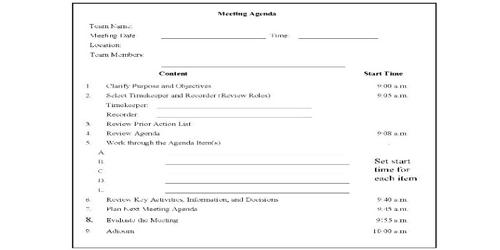The process of assignment of specific work to individuals within the organization and giving them the right to perform those works is delegation. It is about entrusting someone else to do parts of your job. Delegation of Authority means division of authority and powers downwards to the subordinate. It is one of the most significant concepts in management practice, which affects managerial functions.
Principles of Delegation: The following principles that serve as guidelines for effective delegation of authority are given below:
Functional Clarity:
An organization is comprised of different functional departments, each contributing to the organizational goals and, in turn, have their specific objectives. The functions to be performed, the methods of operations and the results expected must be clearly defined. The authority delegated must be adequate to ensure that these functions are well performed. Thus, clearly defined objectives of each department, the expected results, the specific activities to be performed and intradepartmental relationships help the manager to determine the requirements of that specific position.
Matching Authority with Responsibility:
This principle states that the responsibility and the authority co-exists. Generally authority and responsibility are highly interconnected. So, authority should be delegated as to be equal to responsibility, consigned to the worker. Authority should be adequate and should not only match the duties to be performed but also the personal capabilities of the subordinate. Thus, both the responsibility and the authority shall be clearly defined to the subordinate, so that he knows what he is required to do within the powers delegated to him.
Unity of Command:
The “Unity of Command” means a subordinate should be commanded by one superior only. In this connection a subordinate should be assigned duties and delegated authority by only one superior and he should be accountable for the performance of the assigned duties and exercise of the delegated authority.
In other words, a subordinate should be responsible to only one superior who is delegating the authority to the subordinate. n case, if the subordinate is required to report to more than one boss, then there may be a conflict and delay in the managerial operations.
Principle of Communication:
A misunderstood responsibility can be very dangerous. A general authority can be easily misused. Accordingly, both the responsibility and authority must be clearly specified, openly communication must be continuously kept open for issuing directions as well as for receiving feedback. The follow up meetings should be focused on two things-monitoring progress and determining the need for assistance. The number of follow up meetings will vary based on the scope of the task or project and whether the employee is new or a long term member of the department.
Responsibility not Delegatable:
Authority can be delegated, but responsibility cannot be delegated. A manager cannot turn a blind eye to how the assigned duties are performed, and how the delegated authority is exercised. The ultimate responsibility for the performance of duties and exercise of delegated authority remains with him.
Limits to Authority to be Well Defined:
A manager cannot properly delegate authority unless he fully knows what his own authority is. To avoid confusion in this respect, there should be written manuals and orders to indicate the limits of authority and area of operations of each manager.
Every superior is responsible for the acts of their subordinates and are accountable to their superior therefore the superiors cannot pass the blame to the subordinates even if he has delegated certain powers to subordinates example if the production manager has been given a work and the machine breaks down. If repairmen is not able to get repair work done, production manager will be responsible to CEO if their production is not completed.
Principle of Management by Exception:
Management should delegate the authority and responsibility for routing operations and decision making to subordinates, but must retain such tasks for themselves for which they alone are uniquely qualified. On the other hand, the subordinates must make decisions and take actions wherever they can and should only refer matters of such nature to their superiors, which are unique, and outside their domain of authority. For example, a marketing manager explains the salesmen regarding the units of sale to take place in a particular day, say ten units a day have to be the target sales. While a marketing manger provides these guidelines of sales, mentioning the target sales is very important so that the salesman can perform his duty efficiently with a clear set of mind.
This practice saves valuable time of top management, which can be utilized, for more important policy matters. Also by trying to solve most of the problems by themselves, the subordinates prepare themselves for higher challenges and responsibilities.
Information Source:
















